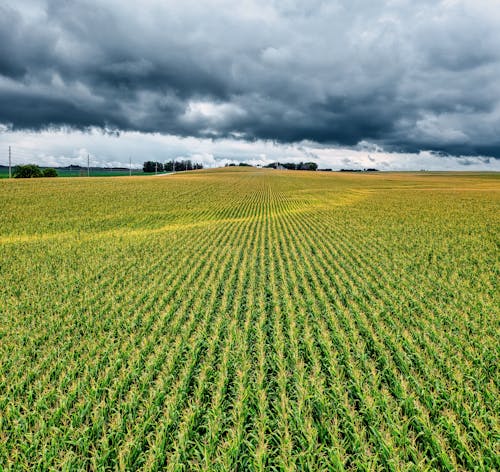
Climate Crisis Disrupts Pollination of Corn Across U.S. Heartland
• Climate change disrupts corn pollination in the U.S. Heartland due to rising temperatures and erratic rainfall.
• Farmers face challenges from drought and mistimed heavy rainfall, leading to incomplete kernel development.
• The unpredictability of weather patterns increases risks for farmers, impacting corn yields and economic stability.
Climate change risks U.S. Heartland corn yields
The climate crisis is increasingly disrupting corn pollination across the U.S. Heartland, posing significant risks to agricultural yields. The delicate balance of weather required for optimal corn growth is being upended by rising overnight temperatures, prolonged droughts, and mistimed heavy rainfall. These factors are interfering with the critical pollination process, leading to incomplete kernel development and patchy ears of corn.
Related News